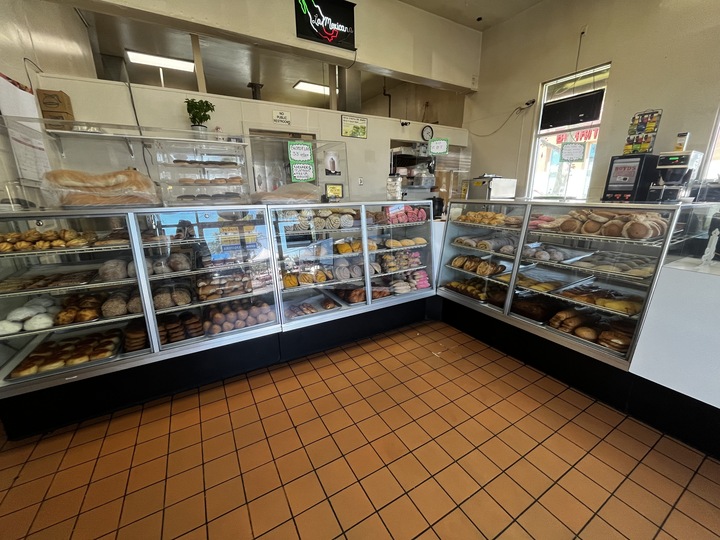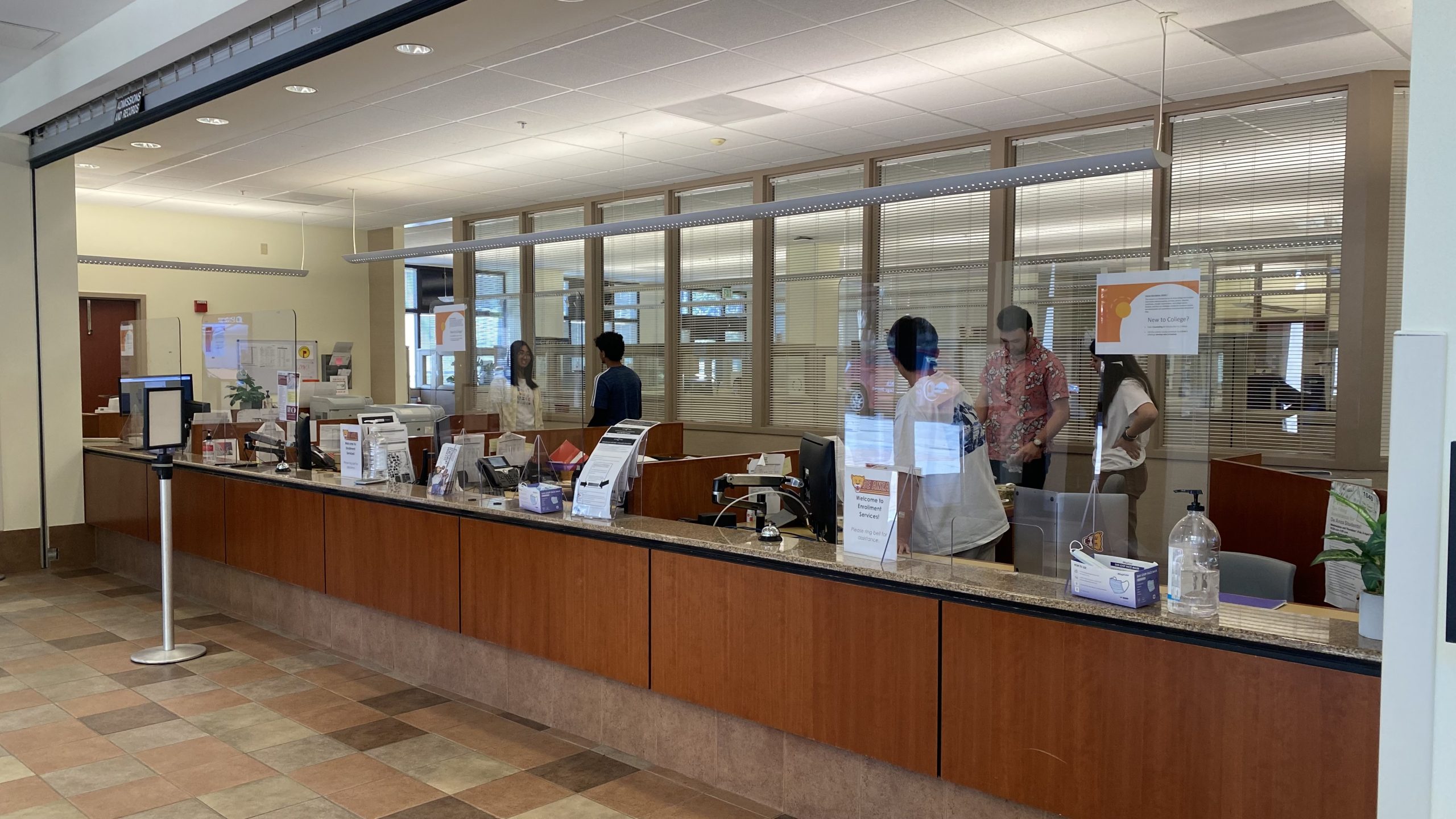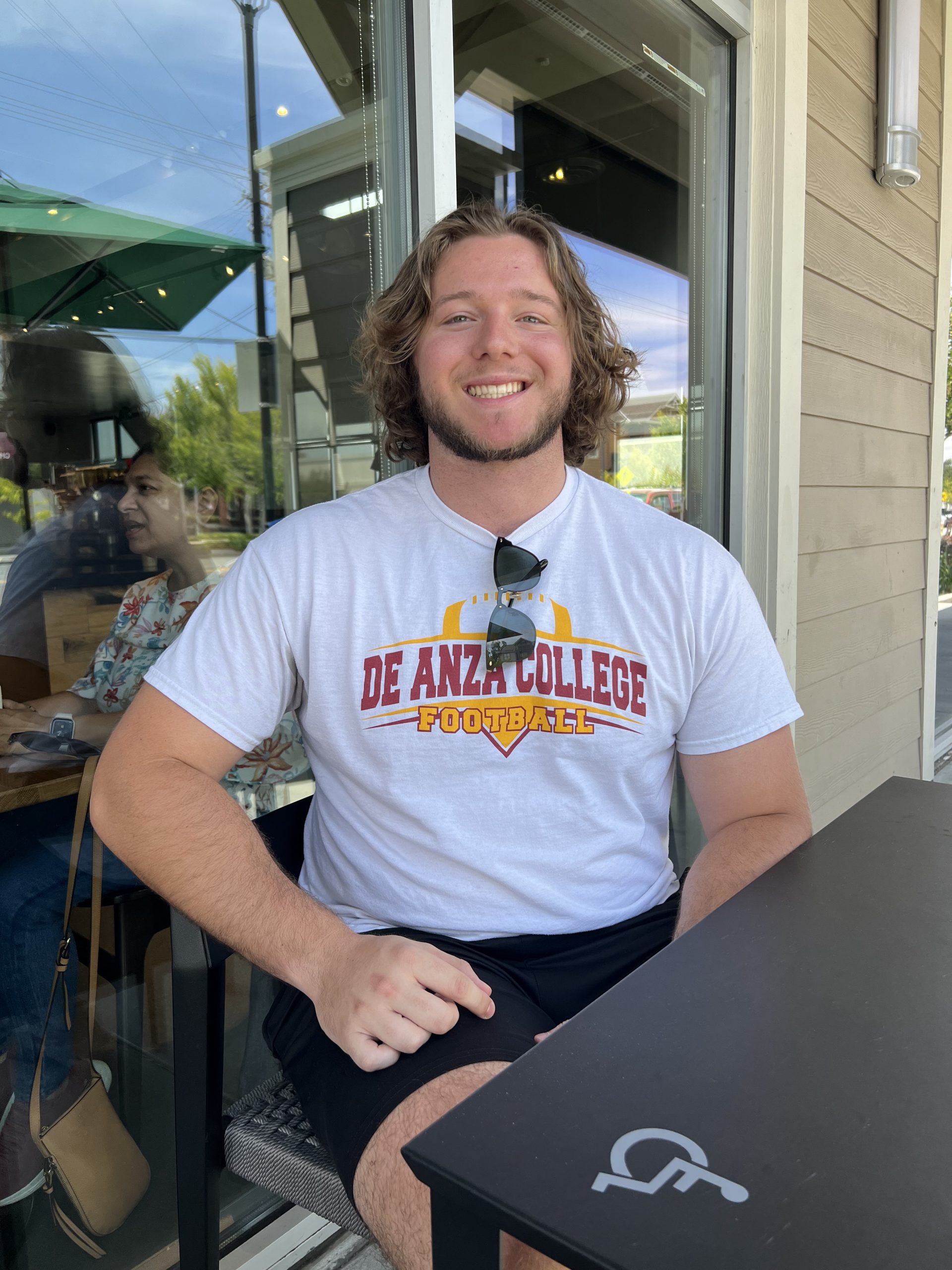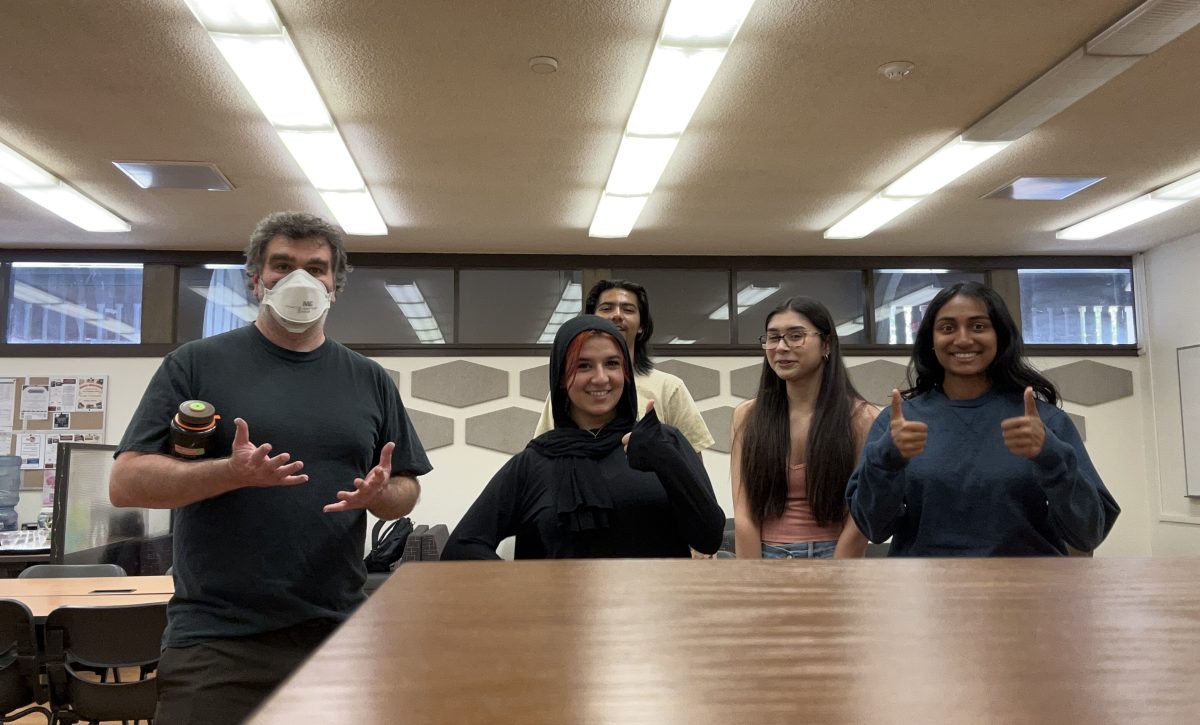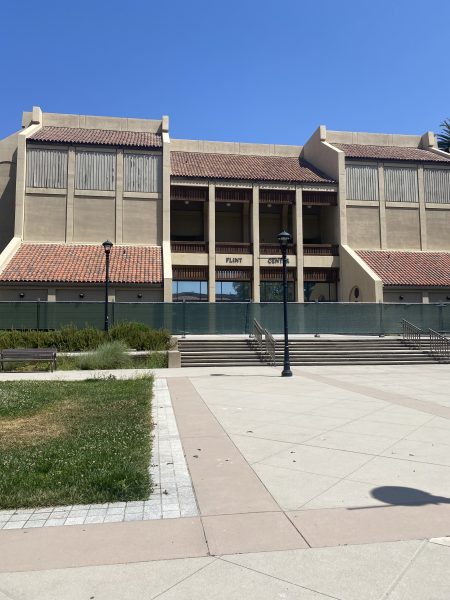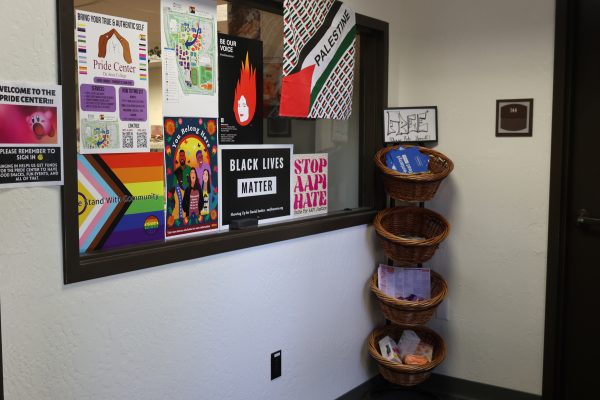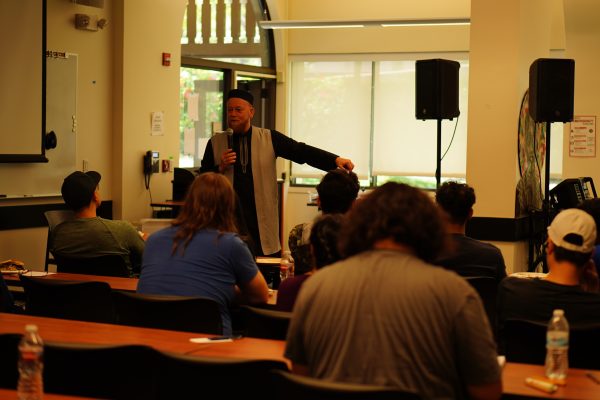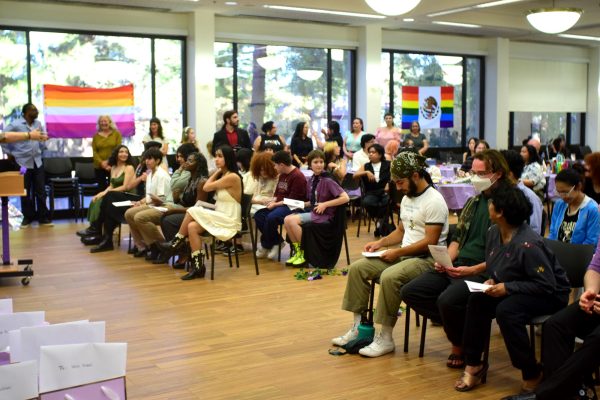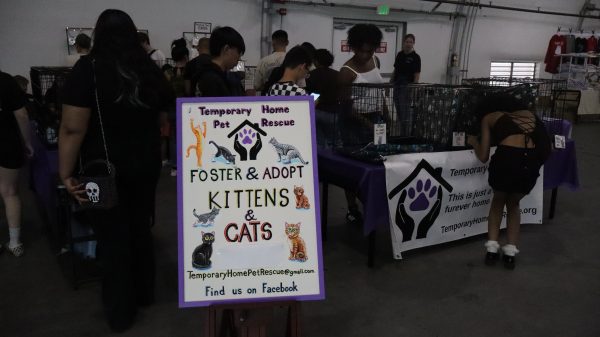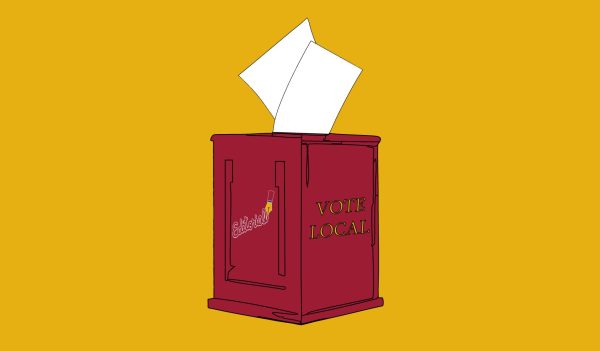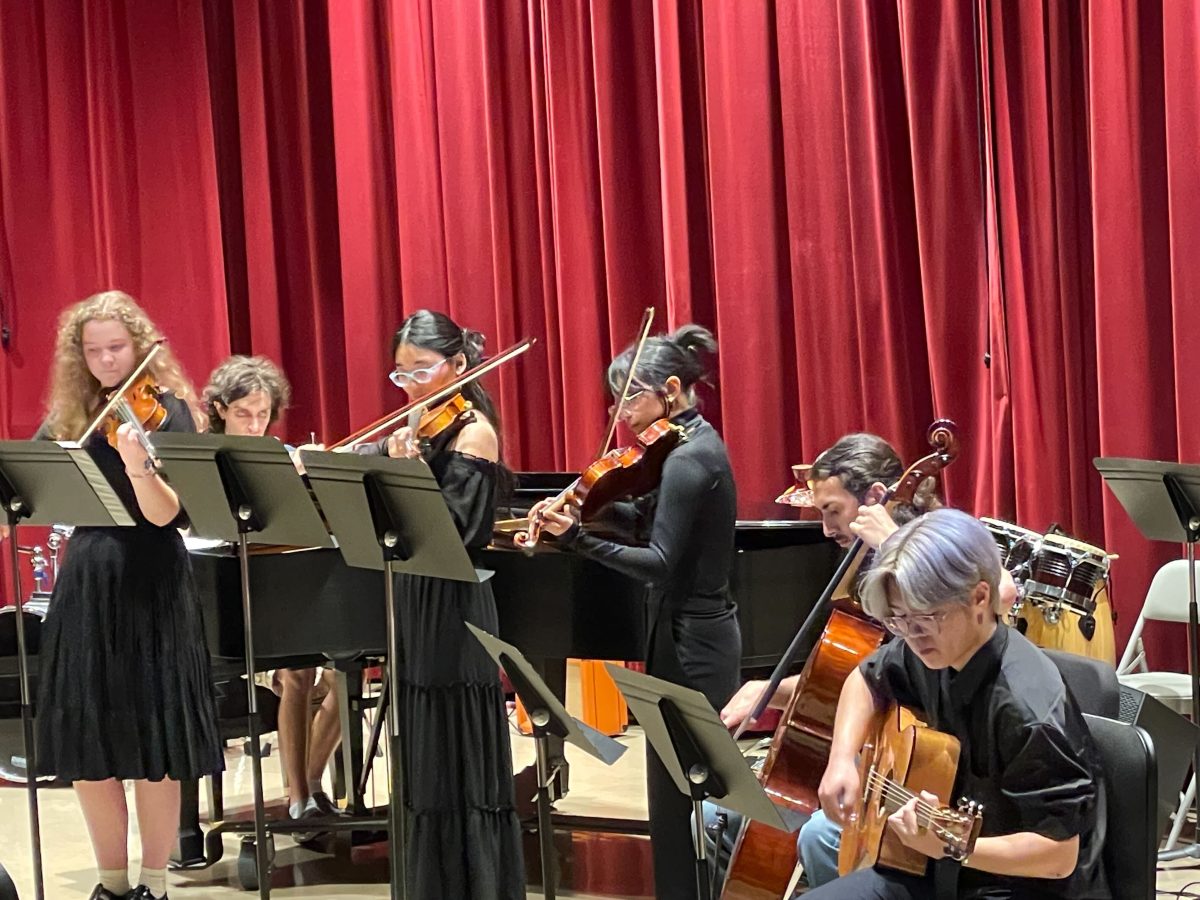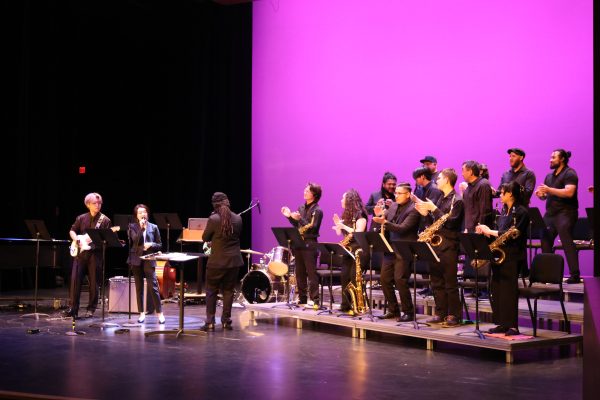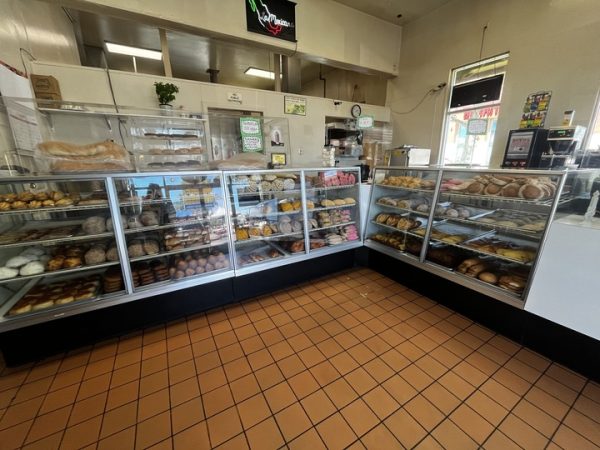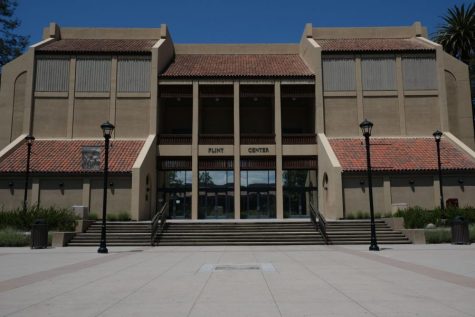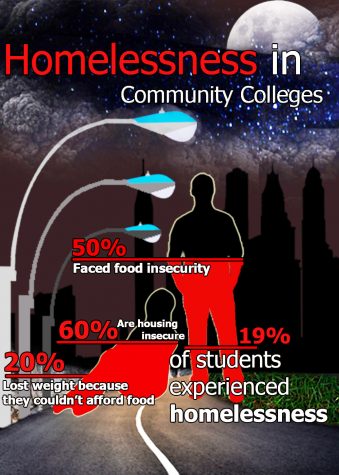Overnight parking serves De Anza’s educational mission
May 2, 2019
If De Anza College stands by its mission to provide the best possible education to its students, it needs to support its most vulnerable members by providing overnight parking for homeless and housing-insecure students.
With a homeless student population of around 18 percent according to a 2018 De Anza survey, the college would go a long way in realizing its vision, as stated on De Anza’s website, to “empower all students to attain their educational goals” by merely providing a place for students to sleep in their cars overnight.
Homelessness and the stress caused by not knowing where to sleep hinders students’ academic success, according to a 2015 report from the U.S. Department of Housing and Urban Development.
Homeless students not only have to worry about finding shelter every night, but deal with food insecurity, health and hygienic issues and financial troubles. This can increase the stress levels and have a biological impact on the brain, hindering academic success, according to a 2014 HOPE lab study.
Time spent finding shelter could instead be used by students to focus on coursework or address any of the other challenges they must deal with.
In De Anza’s statement of values, the college says it welcomes “students of all ages and backgrounds… in their range of unique circumstances, to help them fulfill their dreams.”
By opening parking overnight for students who truly need it, De Anza could show its students and the public that it values all students, regardless of whether they have reliable shelter or not. This might attract prospective students who want to get a valuable education at an institution that cares about them, and elevate De Anza’s standing within the community.
It is ridiculous to think that by allowing overnight parking, De Anza would somehow stray outside of its mission of providing an environment for all students to receive an enriching education.
De Anza needs to act in the best interests of its students, and doing so requires opening overnight parking to homeless and housing-insecure students, who have little, if any, alternative options.



